PER DIEM LOOK-UP
1 Choose a location
OR
OR
Rates for Alaska, Hawaii, and U.S. territories and possessions are set by the Department of Defense.
Rates for foreign countries are set by the Department of State.
We have a range of policies, tools, and resources to strengthen open government, public participation, and community engagement.
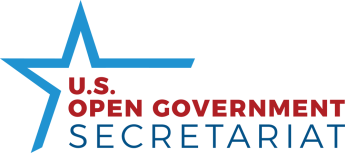
The U.S. Open Government Secretariat at GSA works with American citizens and federal agencies to strengthen transparency, public engagement, and accountability across the federal government to better serve the American people. Our work supports GSA’s mission to improve government efficiency, maximize value for taxpayers, and strengthen public trust.
We promote a culture of performance and accountability by making government data and decisions more accessible. By increasing transparency in federal operations and through embracing modern technology, we help prevent waste, fraud, and abuse and improve how the government shares information and engages with the public.
Through these efforts, we help make the government more effective, responsive, and accessible to all.
The Secretariat is tasked with:
Daniel W. York
Director, U.S. Open Government Secretariat Program Management Office
U.S. General Services Administration
OpenGovernmentSecretariat@gsa.gov
Kiril Jakimovski
Anti-Corruption & Governance Policy Officer, Bureau of Democracy, Human Rights, and Labor, Office of Multilateral and Global Affairs, U.S. Department of State
JakimovskiK@state.gov
USAID POC TBD
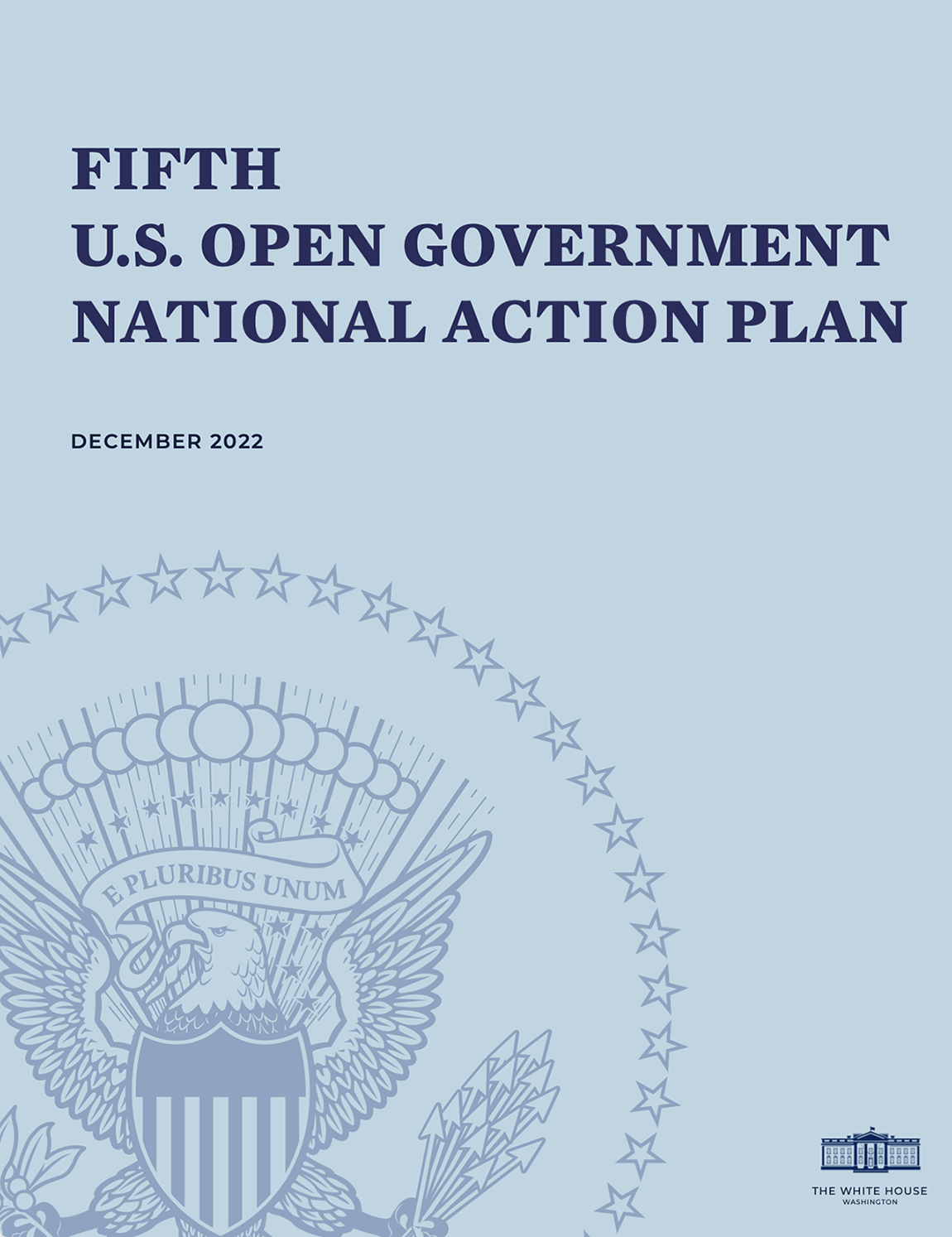
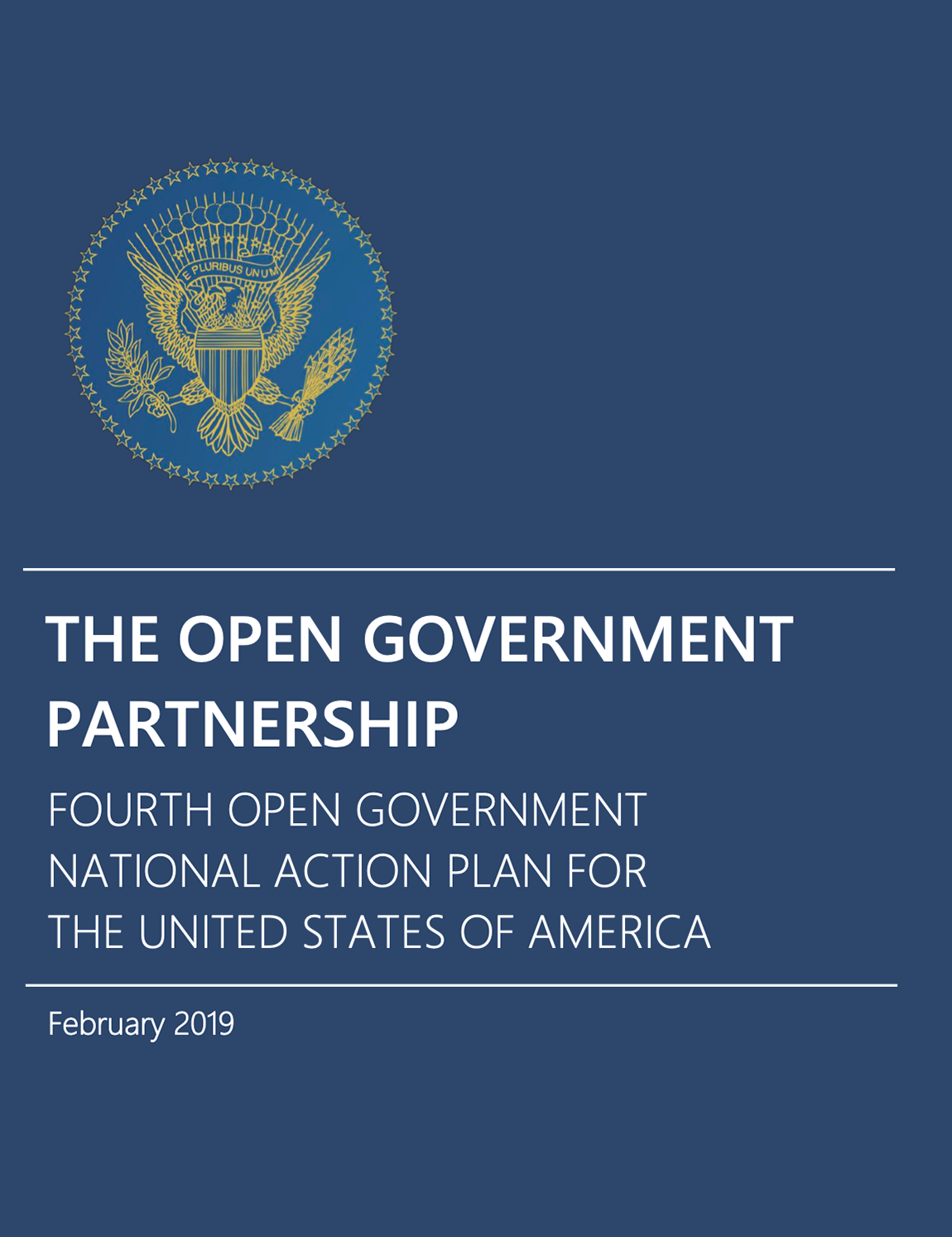

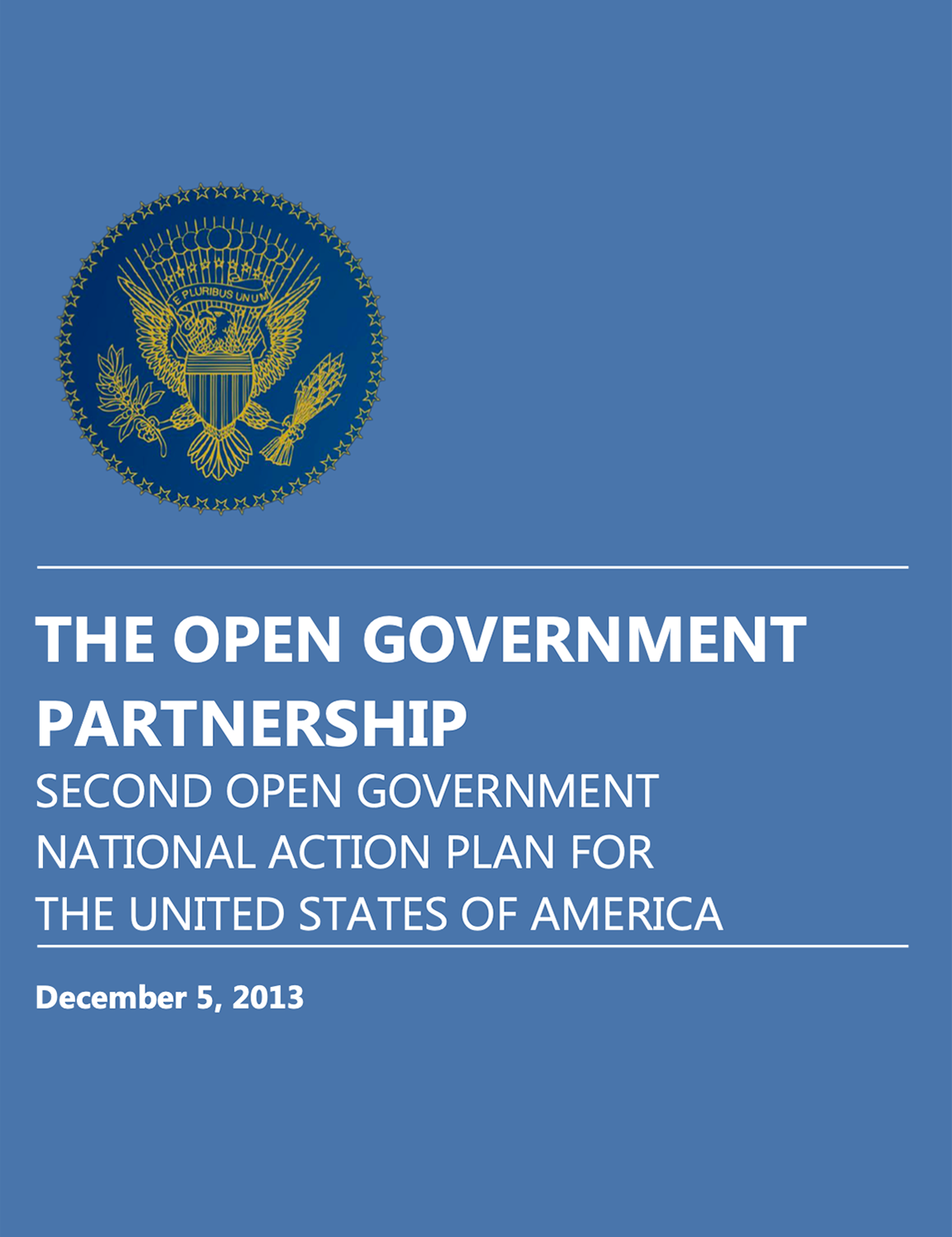
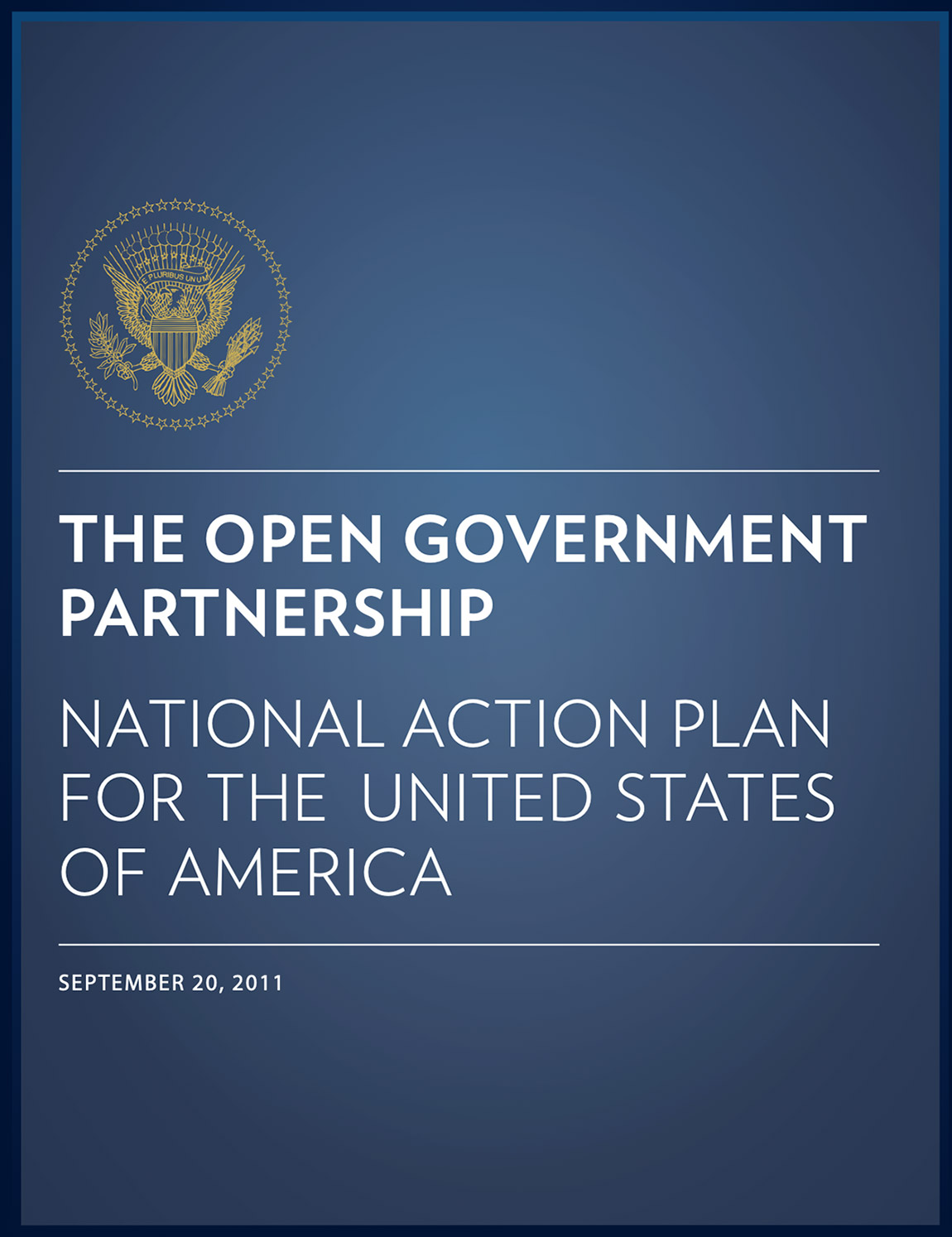
Over the last 15 years, the United States has adopted a wide array of policies, guides, directives, and statutes aimed at mainstreaming open government practices across the federal government. If we missed an important policy, please let us know by using our feedback form.